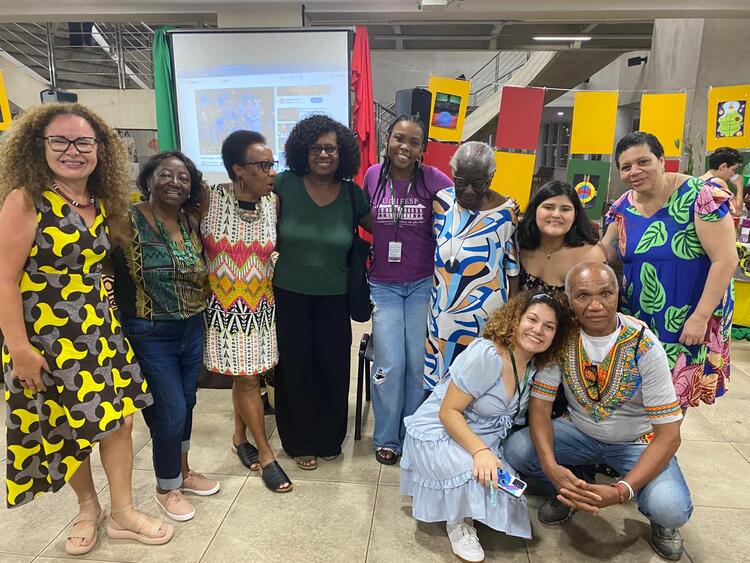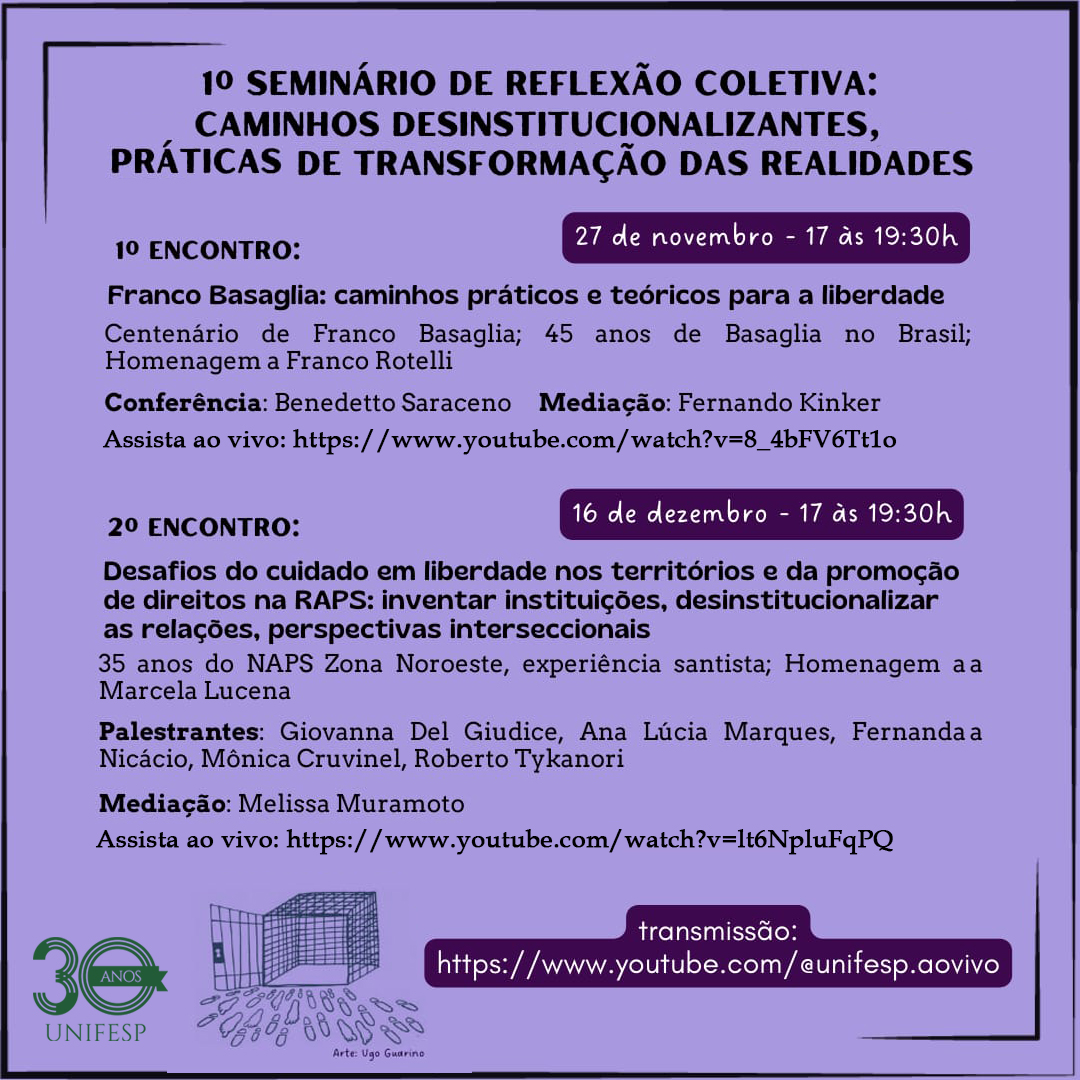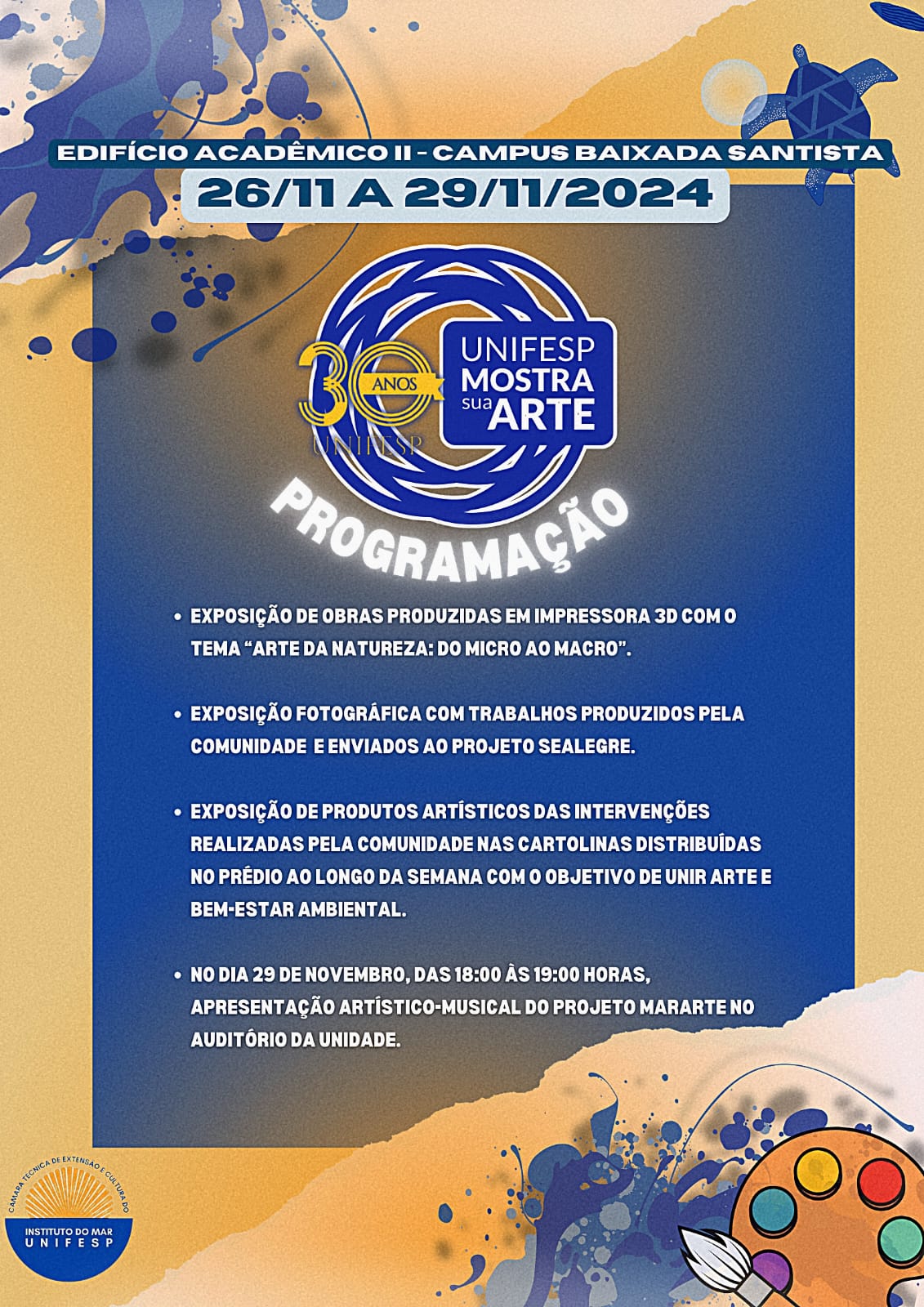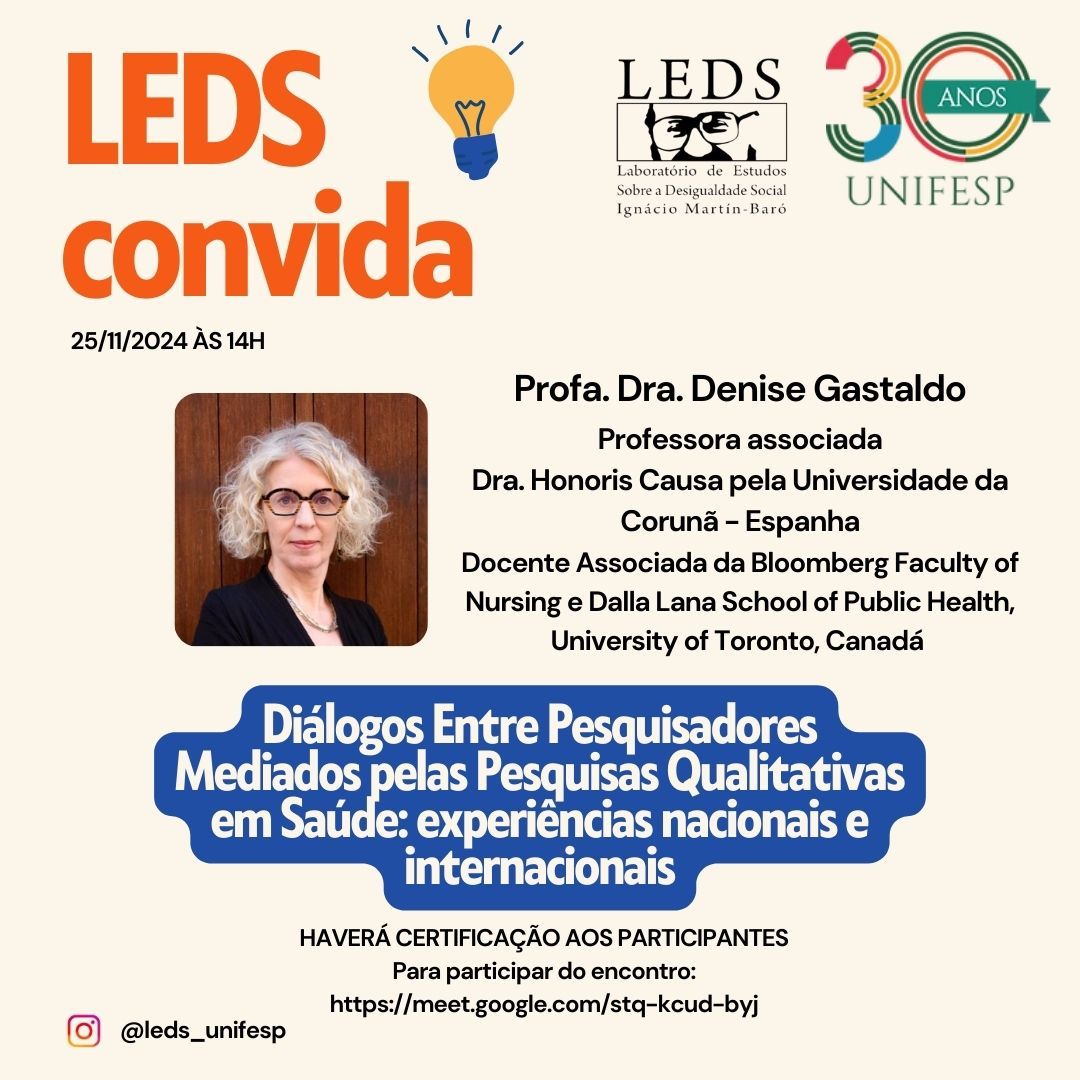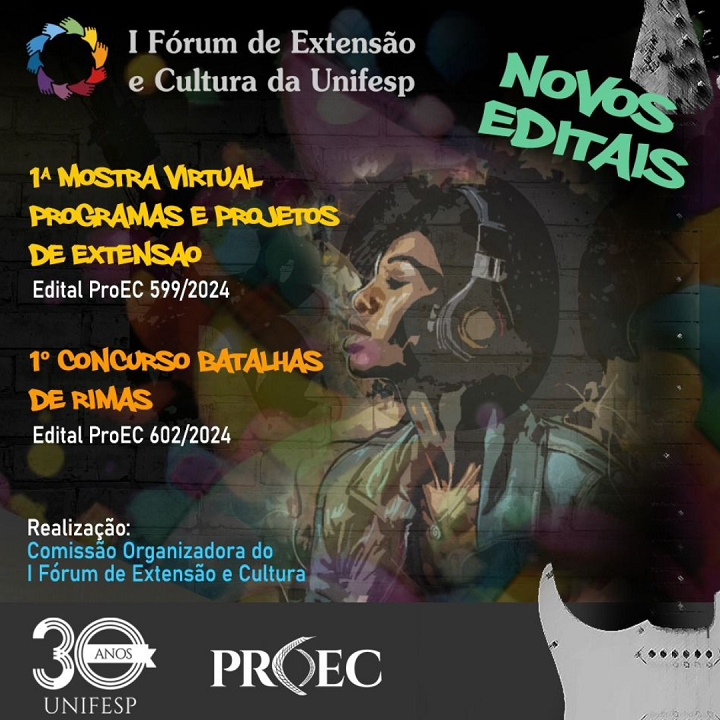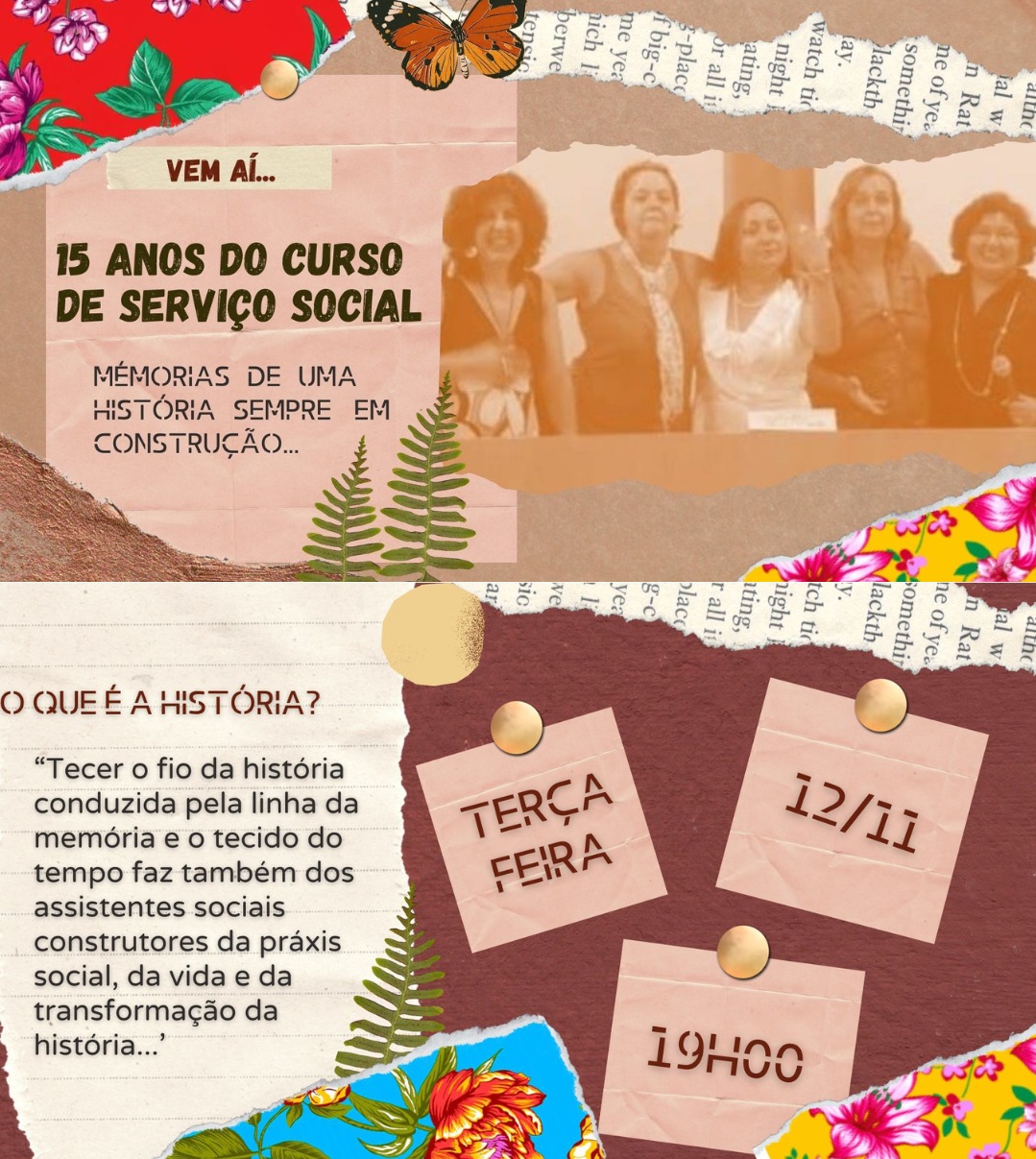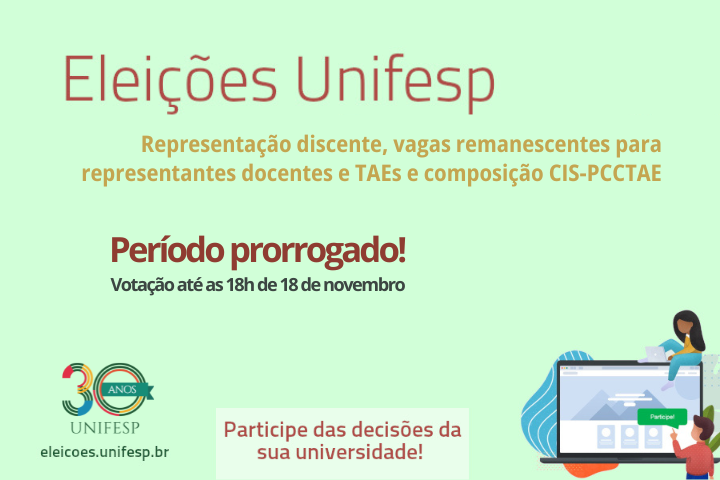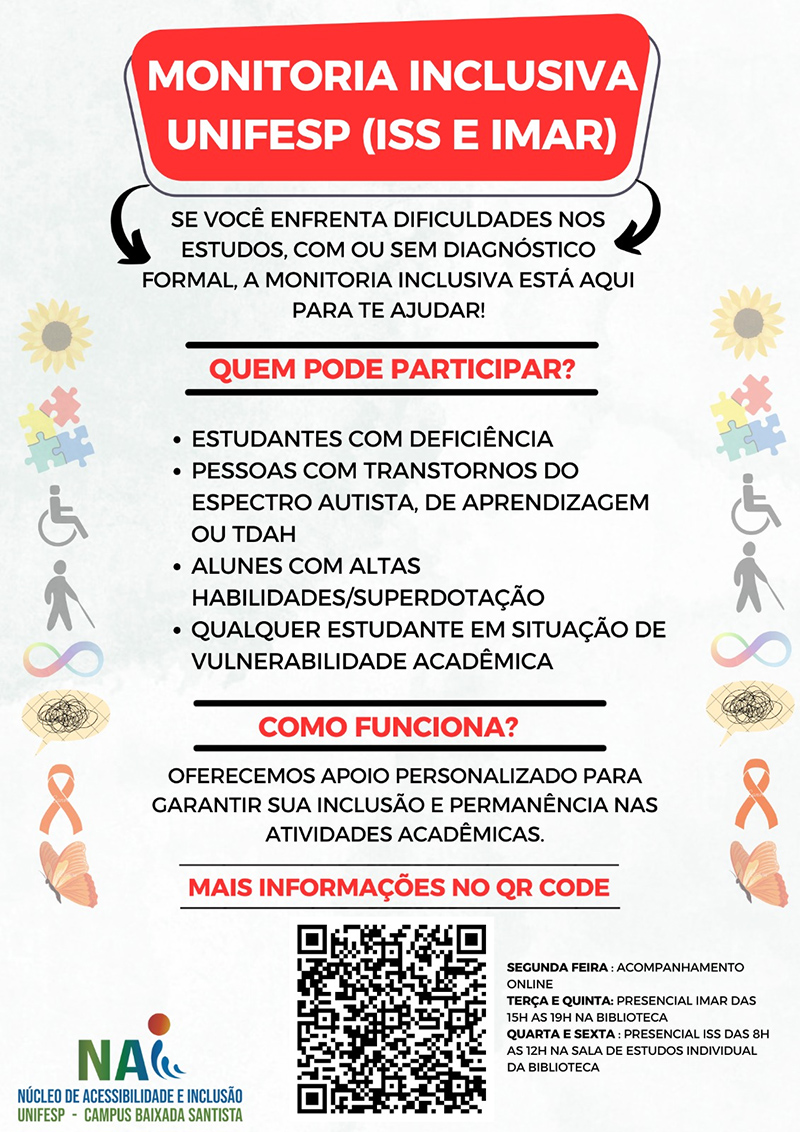Postgraduate Program Interdisciplinary in Health Sciences (Master's Degree)
Procedures:
In order to apply to the selection process for Master’s Degree, there are some documents and other requirements that may be arranged in advance. However they must be presented to the Graduate Office strictly during the application period. The final list of documents required for application, the curriculum assessment items, the indicated themes and bibliography, as well as the selection criteria will be presented in specific notice at least 30 days before the opening application date. The opening date for application in the selection process is usually in June and November, but these dates can be changed.
Guidelines:
Documents required: candidates must first contact the supervisor of the program with which they want to develop their research project
• Click here to view the research lines.
• Click here to view the list of professors, their Curriculum Lattes, and their contacts.
• • Acceptance letter from the potential supervisor committing to mentor the applicant in case of qualification on the application process is required (see template), and it must contain the signature of the supervisor, be scanned into PDF format file, and later be submitted along with the other required documents: ID copy and, if foreigner, permanency visa or document that comproves your staying in Brazil, bachelor’s degree diploma, academic record, and Lattes Curriculum (all in PDF format), and a scanned 3x4 cm photo (JPEG/JPG, XPM, GIF, or PNG);
• Research project in common agreement with the intended advisor;
• Approval on the Portuguese proficiency exam (for foreigners);
• If the applicant does not have access to his/her undergraduate degree, he/she must provide a statement from the university mentioning the scheduled course completion or diploma request receipt.
Selection process:
The selection process consists of the following steps:
• General knowledge test;
• English language test;
• Interview (academic goals and research pre-project);
• Curriculum analysis.
Information about selection process 2019 – 1st semester:
Number of places: click here to view the number of places available per professor. 10% of the places will be reserved for self-declared black or indigenous candidates that reach minimum score at all stages of the selection process. Candidates that are self-declared and socially recognized as black and indigenous will be considered as such (see template in annex)
General knowledge test: test consisting of essay questions with interpretative nature regarding a scientific text. No bibliography will be required for the test.
English language test: test consisting of a text in English language and essay questions in Portuguese language. The answers must be written in Portuguese language.
Appeal: The candidate may file an appeal, concerning the result, within 3 (three) working days from the date the final result is made publicly available, through email: cppgbs.recursos@unifesp.br. The appeal will be judged within a maximum period of 5 (five) working days. Meeting of the appeal request is associated with analysis of feasibility and reasonableness by the Selection Process Evaluation Commission.
Postgraduate Program Interdisciplinary in Health Sciences (Doctoral Degree)
Procedures:
Registrations are now open for the selection process of the stricto sensu Postgraduate Program Interdisciplinary in Health Sciences – Doctoral level.
The selection process will follow the continuous flow system. Registration will require a letter from the potential supervisor committing to mentor the applicant in case of qualification on the application process.
Additionally, registration requires the presentation of the following documents:
• Research project;
• ID copy and, if foreigner, permanency visa or document that comproves your staying in Brazil;
• Bachelor’s Degree Diploma and academic record;
• Lattes Curriculum;
• Master's Degree Diploma or equivalent document;
• Approval on the Portuguese proficiency exam (for foreigners);
• Approval on the English proficiency exam, following the criteria required by the PRPGPq (proof/certificates of proficiency in the English language, with the respective minimum score, corresponding to the intermediate level: Itp-Toefl – 470 points, Toefl-ibt – 52 points, Ielts – 4 points, Toeic – 450 points, Cambridge- PET-B1, Cultura Inglesa – specific test for the UNIFESP - the certificates will be accepted if obtained within 5 years prior to the date of registration in the Doctoral Program).
• Candidate evaluation examining board composition form.
Having all the documents above, an oral presentation of the research project to a panel will be scheduled; this panel will be composed of 3 members, including the possible supervisor who will chair the examining board and two professors of the field (one internal and another one external to the program). At the end of the presentation the interview with the candidate will be conducted.
Click here to access the candidate evaluation examining board composition form.






